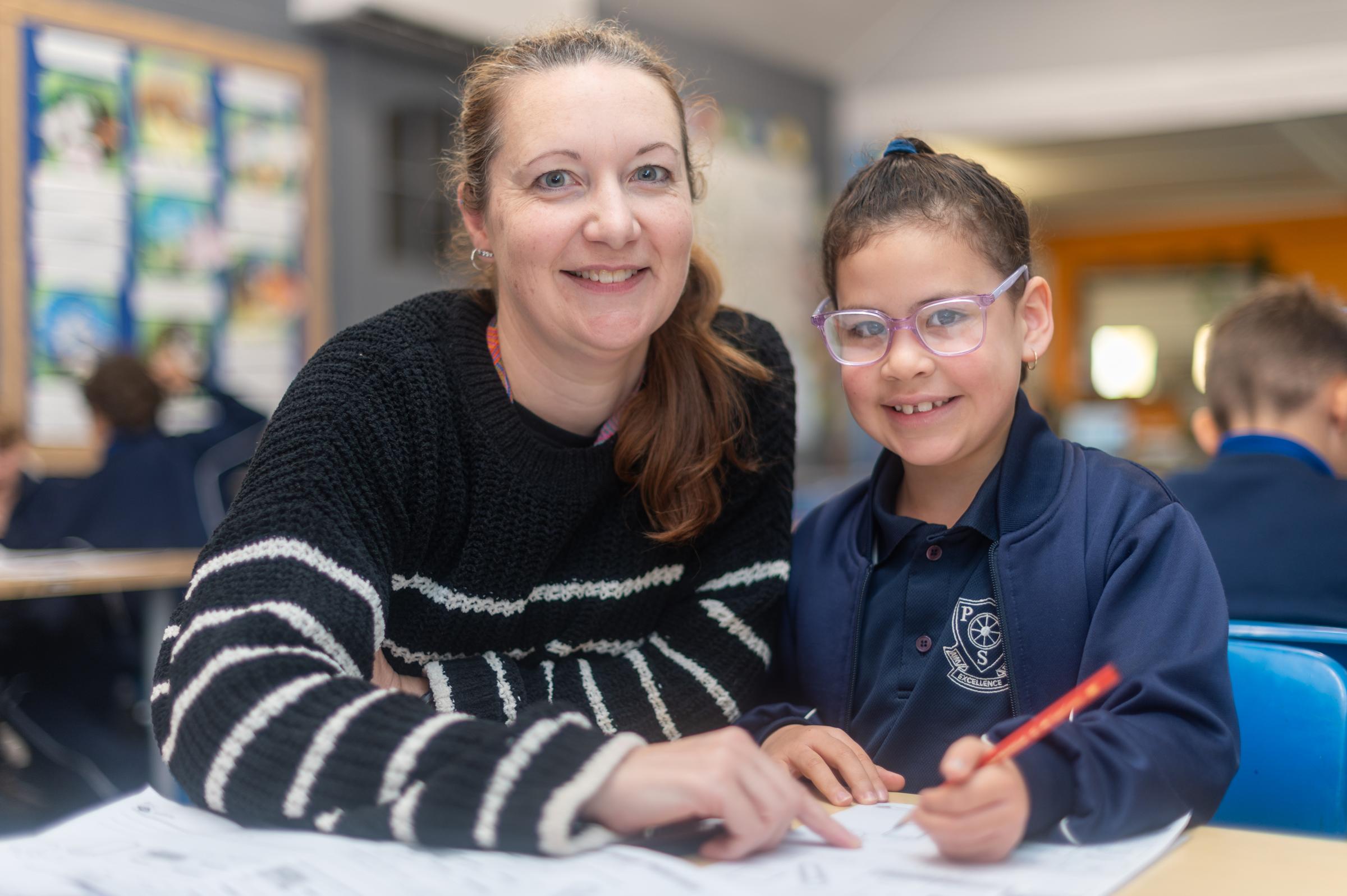Learning at PVS

West Australian Curriculum- Cross-Curriculum Priorities
As we are all aware, in Western Australia we are mandated to teach the West Australian curriculum. The curriculum includes a wide variety of subjects, notional hours of delivery and also includes the following three cross curricular proprieties: Aboriginal and Torres Strait Islander histories and cultures, Asia and Australia's engagement with Asia, and Sustainability.
We as a school have worked hard to ensure we are embedding these priorities. We have done this by including Friday Clubs that cover these topics as well as various incursions and excursions. Sustainability is being explored through our waste free campaigns, sustainability club and incursions on waste; Engagement with Asia included various in-class activities as well as Mrs R’s Cooking Club; and we have been very fortunate that our students have been able to learn about Aboriginal culture from local Aboriginal community members as well as Elders. They have sung, learnt about music, been taught language, engaged in smoking ceremonies, and traditional dance.
We are incredibly proud of the rich education we provide our students and feel true joy as they embrace all they learn. For further information regarding the curriculum follow the link below, or read the Cross-Curriculum Priorities from the Western Australian Curriculum below.
The cross-curriculum priorities address the contemporary issues that students face in a globalised world. Teachers may find opportunities to incorporate the priorities into the teaching and learning program for Technologies. The cross-curriculum priorities are not assessed unless they are identified within the core content.
Aboriginal and Torres Strait Islander histories and cultures
In the Western Australian Curriculum: Technologies, the priority of Aboriginal and Torres Strait Islander histories and cultures may provide creative, engaging and diverse learning contexts for students to value and appreciate the contribution by the world's oldest continuous living cultures to past, present and emerging technologies.
In the Technologies learning area, students explore how Aboriginal and Torres Strait Islander Peoples' capacity for innovation is evident through the incorporation and application of a range of traditional, contemporary and emerging technologies and practices to purposefully build and/or maintain cultural, community and economic capacity. Students may apply this knowledge and understanding throughout the processes of observation, critical and creative thinking, action, experimentation and evaluation.
Asia and Australia's engagement with Asia
In the Western Australian Curriculum: Technologies, the priority of Asia and Australia's engagement with Asia provides diverse and authentic contexts to develop knowledge and understanding of technologies processes and production and related cultural, social and ethical issues. It enables students to recognise that interaction between human activity and the diverse environments of the Asia region continues to create the need for creative solutions and collaboration with others, including Australians, and has significance for the rest of the world.
Sustainability
In the Western Australian Curriculum: Technologies, the priority of sustainability provides authentic contexts for creating preferred futures. When students identify and critique a problem, need or opportunity; generate ideas or concepts; and create solutions, they give prime consideration to sustainability by anticipating and balancing economic, environmental and social impacts.
Technologies focuses on the knowledge, understanding and skills necessary to design for effective sustainability action. It recognises that actions are both individual and collective endeavours shared across local, regional and global communities and provides a basis for students to explore their own and competing viewpoints, values and interests. Understanding systems enables students to work with complexity, uncertainty and risk; make connections between disparate ideas and concepts; self-critique; and propose creative solutions that enhance sustainability.
